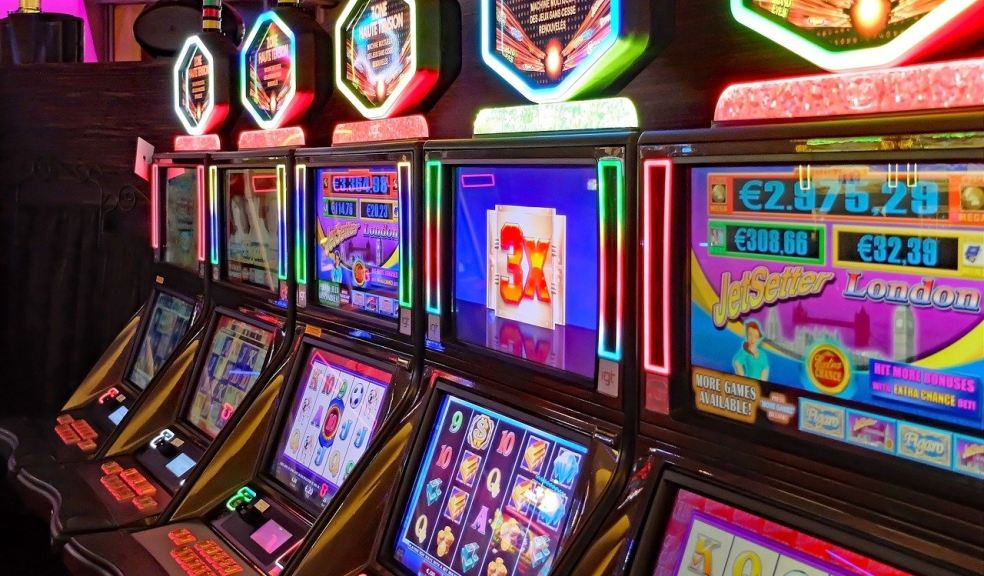Slot games, often referred to as slot machines, pokies, or one-armed bandits, are among the most popular forms of gambling worldwide. These games have evolved significantly since their inception, blending simple mechanics with intricate designs and engaging themes to capture the interest of millions. This article delves into the history, mechanics, psychology, and future of slot qris games, exploring why they remain a staple in casinos and online gaming platforms.
A Brief History
The origin of slot games dates back to the late 19th century. The first recognized slot machine, the Liberty Bell, was invented by Charles Fey in 1895. This mechanical device featured three spinning reels with five symbols each – horseshoes, diamonds, spades, hearts, and a cracked Liberty Bell. A win was achieved by aligning three Liberty Bells, which paid out fifty cents. This simple yet revolutionary machine set the stage for the future of gambling entertainment.
In the decades that followed, slot machines underwent various transformations. The introduction of electromechanical machines in the 1960s allowed for more complex features, such as multiple paylines and higher payouts. The 1970s saw the advent of video slot machines, which replaced physical reels with a video display, enabling even more elaborate game designs and themes.
The Mechanics of Slot Games
At their core, slot games are built around a random number generator (RNG), a sophisticated algorithm that ensures each spin’s outcome is independent and unpredictable. This randomness is what makes slot games fair and exciting. Players place a bet, spin the reels, and hope to match symbols across designated paylines to win prizes.
Modern slot games often feature additional elements such as wild symbols, scatter symbols, free spins, and bonus rounds. Wild symbols can substitute for other symbols to create winning combinations, while scatter symbols typically trigger special features or free spin rounds when they appear in sufficient numbers. Bonus rounds offer interactive experiences and additional opportunities for players to win, adding layers of engagement and anticipation.
The Psychology Behind Slot Games
The enduring appeal of slot games can be attributed to their design, which leverages principles of psychology to enhance player engagement. Key factors include:
- Random Reinforcement: The unpredictable nature of wins creates a sense of excitement and anticipation, similar to a psychological phenomenon known as random reinforcement. This mechanism keeps players engaged, as the possibility of a big win on the next spin is always present.
- Sensory Stimulation: Slot games are designed to be visually and audibly stimulating. Bright colors, flashing lights, and captivating sound effects create an immersive experience that can be both thrilling and hypnotic.
- Near Misses: The design of many slot games includes near misses, where the symbols almost align to create a winning combination. These near wins trigger a psychological response similar to winning, encouraging players to continue playing.
- Progressive Jackpots: The lure of potentially life-changing payouts through progressive jackpots adds another layer of excitement. These jackpots grow with each bet placed until a lucky player hits the winning combination.
The Future of Slot Games
The future of slot games looks promising, with technological advancements continuing to drive innovation. Online slot games have become immensely popular, offering convenience and a vast array of themes and features. Virtual reality (VR) and augmented reality (AR) are poised to revolutionize the gaming experience further, creating even more immersive and interactive environments.
Additionally, the use of blockchain technology and cryptocurrencies is making its way into the world of slot games, offering increased transparency, security, and potentially new forms of gameplay.
